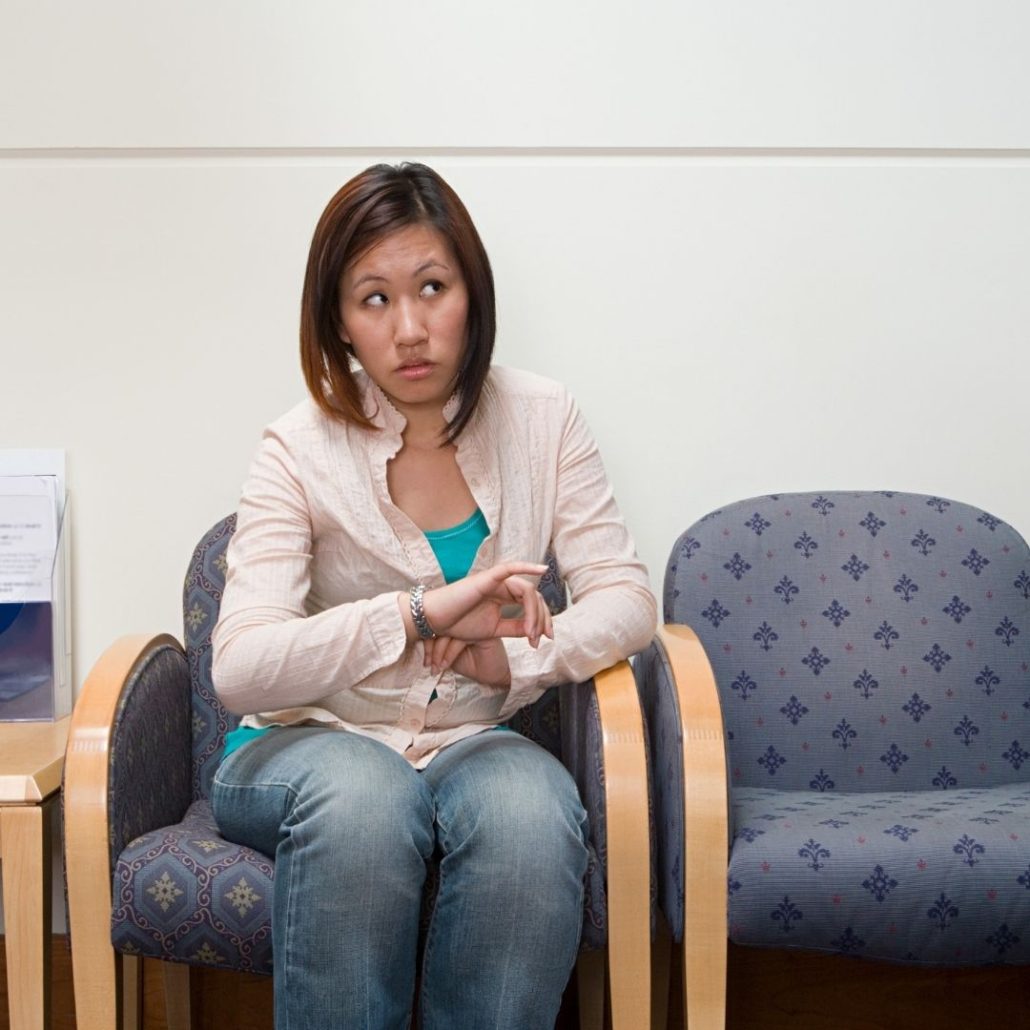What to Consider before Surgery?
Today we will focus on the organizational aspects before a laparoscopy. Especially before your first operation, you will probably have many thoughts and worries and questions that we would like to answer today.
First of all, we will deal with the procedure of a laparoscopy as our doctor Dr. med. Nadine Rohloff knows it from her daily work in an endometriosis center. Of course, this can look slightly different in every center.
The organizational Process before the Surgery
Ususally, when you go to the hospital you do not go directly to the operating room. First you make an appointment for a consultation. As a rule, the doctor who would later operate on you will first discuss your condition with you. That is, he first takes a medical history to get to know you and your complaints. He will then examine you gynecologically and discuss with you what options are available to you and whether or not a laparoscopy is actually necessary.
If an operation is recommended in your case, this will be followed by a discussion about the operation – you will be informed about how the operation will proceed and what the risks may be.
However, this discussion does not necessarily have to take place during the first appointment. Sometimes your doctor will talk to you again before your operation and you will also have a discussion with the anesthetist.
If the endometriosis center is not in your immediate vicinity, you have a longer journey there and an operation is very likely in your case, it is best to ask in advance whether the explanatory discussion can also take place at your consultation appointment. This will save you another trip.
For legal reasons, the consultation should take place at least 24 hours before your planned surgery, but at the earliest three to four weeks before surgery.
Of course, this does not apply to emergency surgery.
During the consultation, you will be informed about what else needs to be considered before the laparoscopy: A laparoscopy is always performed under general anesthesia, since gas must be introduced for a laparoscopy. Your abdomen must be completely relaxed for this procedure.
Twelve hours before your surgery appointment, you should be fasting and not eat anything.
Patients are usually given a laxative during this time. This is very important and also useful, because the less your bowel is filled, the smaller it will be during surgery and the less it will be in the way during triage and there will be less risk of injury.
The day of Surgery
You usually move into your room on the ward in the morning and, if you want, you are given another tablet to calm you down. Two hours before the operation you are usually not allowed to drink anything.
In case of circulatory problems, thirst or problems with blood sugar (diabetes) there is always the possibility to get an appropriate infusion. In such a case, contact the hospital staff directly.
Later, you will be picked up and taken to the operating room, where the operating room staff will introduce themselves to you and administer the anesthesia.
By the way, inform your relatives that it may take some time after your surgery until you report to them or are taken back to your room. An operation can last from 45 minutes to several hours – this also depends on how many or few foci are found in an abdominal endoscopy.
After surgery, you will be taken to the recovery room and then you will wait there for the transport service to take you back to your room. So it could take longer until you are back on the ward.
This is roughly how the organizational process looks during an operation.
By the way, in our next article you will learn what you should keep in mind following a laparoscopy.
Have you ever had surgery and experienced the procedure differently than described here?
Then tell us about it in the comments.
- Current Research on Endometriosis: An Interview with Deborah Bush - 6. February 2024
- Pain and Pain Management – Interview with Rehab Psychologist Teresa - 19. November 2023
- Physiotherapy for Endometriosis – Interview with Annika Cost – with Exercises - 19. November 2023

